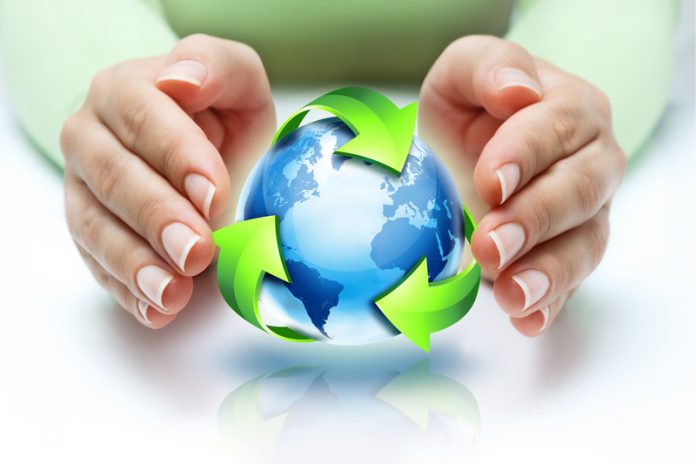Bureau of International Recycling (BIR) is calling upon world leaders to take bold steps to demonstrate to their countries, and the global population as a whole, how the items we discard and recycle have the power to combat climate change
Global Recycling Day, organised by Ranjit Baxi, President of BIR, and supported by Dr Katharina Kummer Peiry, former Executive Secretary of the Basel Convention, and Philippe Chalmin, Professor of Economic History at Paris-Dauphine University, introduces the public to its newly coined concept of a ‘Seventh Resource’.
Recycling as a seventh resource
- Recycling supplies 40% of the world’s raw material needs, reducing the drain on resources, of which humans have consumed more in the last 50 years than in all previous history.
- Recycling boosts local employment around the world, employing approximately 1.6 million people worldwide in the recyclables processing industry.
- Recycling helps combat climate change, saving over 700 million tonnes of CO2 emissions, which is enough to offset the entire annual emissions of the aviation industry.
- The annual contribution of the global recycling industry towards GDP is projected to exceed $400 billion in the next ten years, presenting a huge financial opportunity for countries that are committed to the Seventh Resource.
There are seven commitments Global Recycling Day is encouraging world leaders to make and promote in their countries to change the global mindset and attitude towards recycling.
These seven commitments are:
- Implement and strengthen international agreements that promote recycling, and negotiate new ones as needed
- Support and promote the sustainable trade of recyclable materials to ecologically sound companies across the globe
- Educate, from the grass roots up, the public on the critical necessity of recycling
- Agree to a common language of recycling (same definitions, same messages)
- Make recycling a community issue, supporting initiatives which help households and businesses provide Seventh Resource materials for repurposing
- Work with the industry to encourage ‘design for recycling’ in the reuse of materials – reducing waste and integrating ‘end-of-life’ functionality at the design stage
- Support innovation, research and initiatives that foster better recycling practices
Discussing the urgency for a new recycling mindset, Ranjit Baxi, said: “The Earth’s resources are finite; they are rapidly running out and once gone, they’ll be gone forever. A global mindset shift is required and the support of the world’s leaders is essential to promote, educate and implement uptake of the Seventh Resource.
“By rethinking what we throw away, we have the power to change the world. Yet, the power of recyclables is still not sufficiently recognised at a global level – it’s time this changed, for all ours and the planet’s sakes.”











